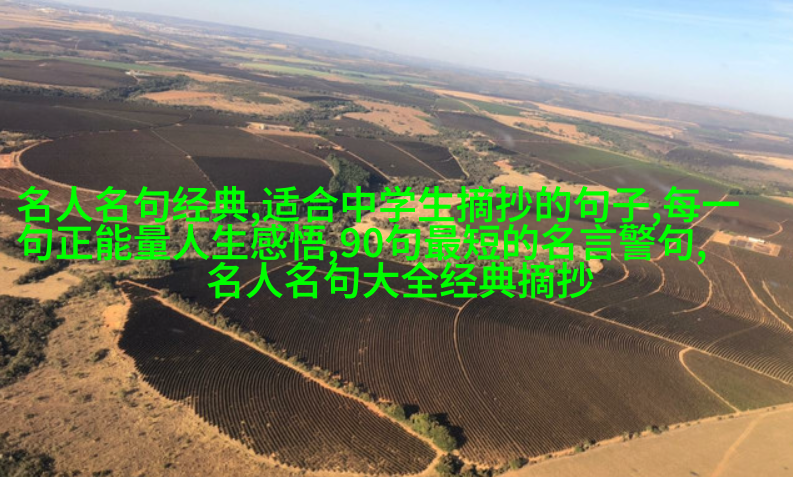梅花诗韵探究古典文學中的寒蝉凛然与寂寥之美
在中国古代文学中,梅花常被视为一种超越季节的存在,它不仅象征着冬日的冷清,也代表了纯洁、孤傲和坚韧不拔。从唐宋时期开始,梅花就成为了一种极富诗意的情感寄托,被无数诗人用以抒发他们对爱情、生命和宇宙深邃命运的思考。今天,我们将走进“梅花古诗”的世界,用学术的角度去探讨它背后蕴含的哲理和文化内涵。

一、春寒料峭下的梅影
唐代是中国文学史上一个重要时期,那里的诗人如李白、杜甫等,他们以其豪放激昂的笔触,为后世留下了许多关于春天与梅花的著名作品。在这篇文章中,我们首先要探讨的是李白那一首《早发白帝城》的开篇:

"朝辞白帝彩云间,
千里江陵一日还。

两岸猿声啼不住,
轻舟已过万重山。"

这里虽然没有直接提到“梅”,但正是这种春风得意马蹄疾的情景,让我们联想到那些在初春雪后的园林中开放的一朵朵洁白如玉的小小美丽——它们仿佛是在诉说着“断送芳心”、“独自一人”、“寂寞无伴”的哀愁。
二、夏夜静听雨中的沉思

到了宋代, poets like 苏轼(Su Shi) and 陆游(Lu You), their works were more introspective, reflecting on the transience of life. One such poem is by Su Shi:
"五月黄昏长,碧波荡漾处,
只见翠帘卷起西风细。
行乐须及早,将老病悲谁知?"
In this piece, we can see a deep sense of melancholy as the poet contemplates his own mortality. The image of "mei hua" (plum blossoms) is not explicitly mentioned here, but it serves as an underlying metaphor for the fleeting nature of beauty and life.
三、秋风送爽中的幽梦
The Ming Dynasty saw a resurgence in interest in classical poetry, with poets such as Wang Wei (王维) continuing to explore themes related to nature and solitude. In one of his poems titled "An Autumn Night", he writes:
"A night so cool that dewdrops hang like pearls,
A moon so bright that shadows are cast upon my bed.
My heart feels heavy with thoughts both far away
And yet I am at peace."
This poem captures the quiet contemplation often associated with autumn nights and plum blossoms. It is a moment where one's mind wanders while being enveloped by the tranquility around them.
四、一往情深下的冬日绽放
Finally, we have reached winter - perhaps the most symbolic season for mei hua due to its rarity amidst snowflakes or frosty mornings. As Song Dynasty poet Li Qingzhao wrote:
"窗前明月光,如画入宝笈;
知否?知否?应是绿肥红瘦。”
Here she uses her exquisite language to describe how her lover has left her without any warning during a cold winter night when even flowers bloom less frequently than usual - thus adding depth to our understanding about why mei hua became synonymous with unrequited love or loneliness.
In conclusion, through examining these examples from different dynasties within Chinese literature history, we can understand how mei hua was woven into various narratives related to human emotions and experiences across time periods while offering insights into their cultural context surrounding solitary beauty or love stories against seasonal backdrops.
The exploration of “mei flower poetry” allows us not only delve into China’s rich literary heritage but also appreciate its timeless messages resonating today; reminding us that true art transcends generations & continues speaking truthfully about humanity's shared emotional experiences no matter what era it comes from – all thanks to those delicate petals symbolizing resilience in adversity & unwavering beauty amid harsh conditions found in each verse written centuries ago